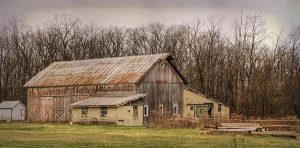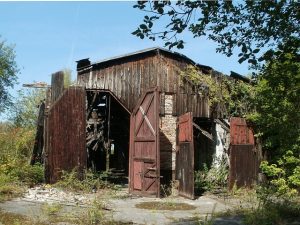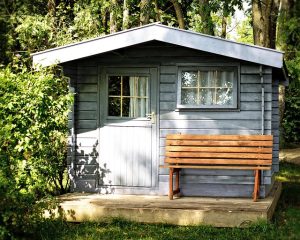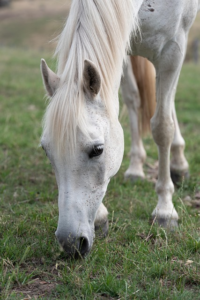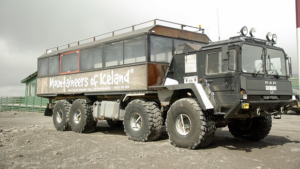Farm Sheds for Southern NSW: Enhancing Crop Yields with Weather-Resistant Designs
In Southern New South Wales, investing in high-quality farm sheds is crucial for farmers to protect their crops and machinery from the region's harsh weather conditions, which include strong winds, heavy rains, and intense sun. These sheds…….
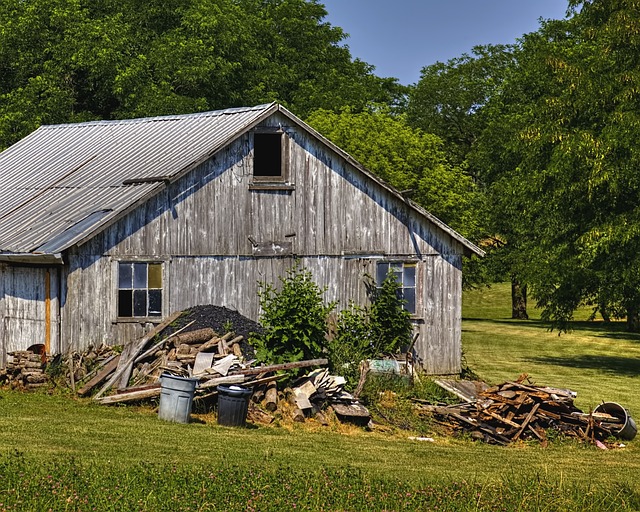
In Southern New South Wales, investing in high-quality farm sheds is crucial for farmers to protect their crops and machinery from the region's harsh weather conditions, which include strong winds, heavy rains, and intense sun. These sheds, constructed with durable materials like galvanized steel or treated timber, are designed to create microclimates that shield produce from environmental stressors, thus ensuring consistent yields. The long-lasting nature of these materials minimizes maintenance, offering a stable environment for year-round agricultural activities. Engineers have optimized farm shed designs to handle the climatic diversity of the region, with features like aerodynamic roofs and strategic ventilation to manage extreme heat in summer and prevent condensation and rust in winter. This innovation in rural infrastructure significantly contributes to the sustainability and profitability of farming operations by safeguarding against seasonal extremes and providing a resilient structure that protects assets, ensuring business continuity regardless of weather challenges. Farm Sheds thus play an integral role in enhancing the efficiency and resilience of Southern New South Wales' agricultural sector.
Explore the robust farm sheds that stand as sentinels against Southern New South Wales’ capricious weather. This article delves into how these structures maximize crop yields through advanced, weather-resistant designs tailored to withstand the region’s diverse climatic conditions. Discover the key attributes of these farm sheds that ensure the protection and productivity of agricultural endeavors, from shielding against relentless rains to sheltering from scorching suns.
- Maximizing Crop Yields with Durable Farm Sheds in Southern NSW
- Navigating Southern NSW's Climate: The Benefits of Weather-Resistant Shed Designs
Maximizing Crop Yields with Durable Farm Sheds in Southern NSW
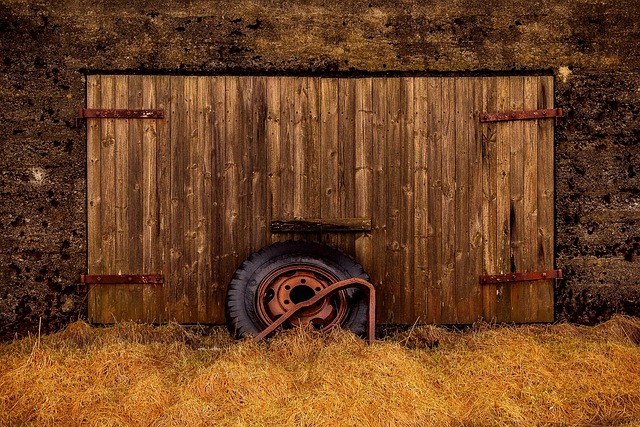
In Southern New South Wales, farmers are continually seeking innovative methods to maximize crop yields while protecting their investments from the unpredictable weather conditions the region is known for. Durable farm sheds play a pivotal role in this endeavor. Constructed with robust materials designed to withstand the elements, these structures provide a secure environment for crops and agricultural machinery. The climate in Southern NSW can be harsh, with high winds, heavy rains, and intense sun exposure being common. Farm shed solutions that are weather-resistant not only protect the stored produce from damage but also ensure that the quality of the crops is maintained, which is crucial for market success. Additionally, these sheds offer the flexibility to adapt to different farming activities throughout the year, whether it’s storing hay during the off-season or sheltering sensitive plants during critical growth periods.
The strategic placement and design of farm sheds in Southern NSW are integral to optimizing crop yields. By leveraging the natural landscape and utilizing shed designs that facilitate proper airflow and light penetration, farmers can create microclimates within the shed, which can mitigate some of the environmental stressors on their crops. Furthermore, the use of weather-resistant materials like galvanized steel or treated timber ensures longevity, reducing the need for frequent repairs or replacements and providing a consistent environment for year-round agricultural activities. This consistency translates to more reliable yields, which is particularly valuable in a market where timing and quality are key factors in profitability. Investing in high-quality farm sheds thus becomes a strategic decision that can significantly contribute to the success of farming operations in Southern NSW.
Navigating Southern NSW's Climate: The Benefits of Weather-Resistant Shed Designs
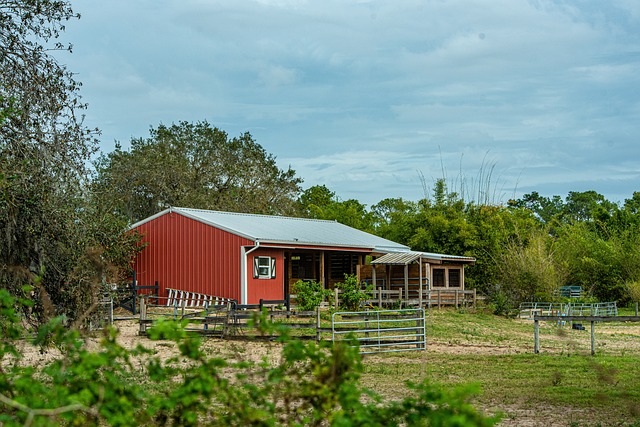
Southern New South Wales boasts a diverse climate that can range from extreme heat in summer to cooler, wetter conditions in winter. This variability necessitates robust farm shed designs capable of withstanding the elements year-round. Weather-resistant sheds are not just a protective measure for agricultural equipment and supplies; they are an integral part of maintaining the productivity and safety of rural operations. These structures are engineered with high-grade materials that offer superior resistance to UV radiation, which is particularly intense in the region’s long summer days. The durability of these sheds extends their lifespan, ensuring a cost-effective investment for farmers. Moreover, the design often incorporates features such as optimized roof pitches and strategic placement of vents to manage temperature extremes effectively. This climatic adaptation is crucial in preventing heat buildup during the scorching months and safeguarding against condensation and rust when humidity levels rise. By investing in weather-resistant farm sheds, Southern NSW farmers can secure their assets and maintain business continuity regardless of the climate’s challenges. The resilience of these structures is a testament to innovation in rural infrastructure, ensuring that agricultural activities can proceed smoothly, undisturbed by adverse weather conditions.
In conclusion, the strategic implementation of weather-resistant farm sheds in Southern NSW plays a pivotal role in safeguarding agricultural outputs amidst the region’s dynamic climate. These structures not only offer protection against the elements but also serve as a cornerstone for maximizing crop yields through consistent and secure storage facilities. Embracing designs attuned to local weather patterns ensures that farmers can maintain optimal conditions year-round, leading to enhanced productivity and reliability in their operations. As such, investing in these robust farm sheds stands as a testament to the region’s commitment to resilient farming practices and sustainable agricultural development.
